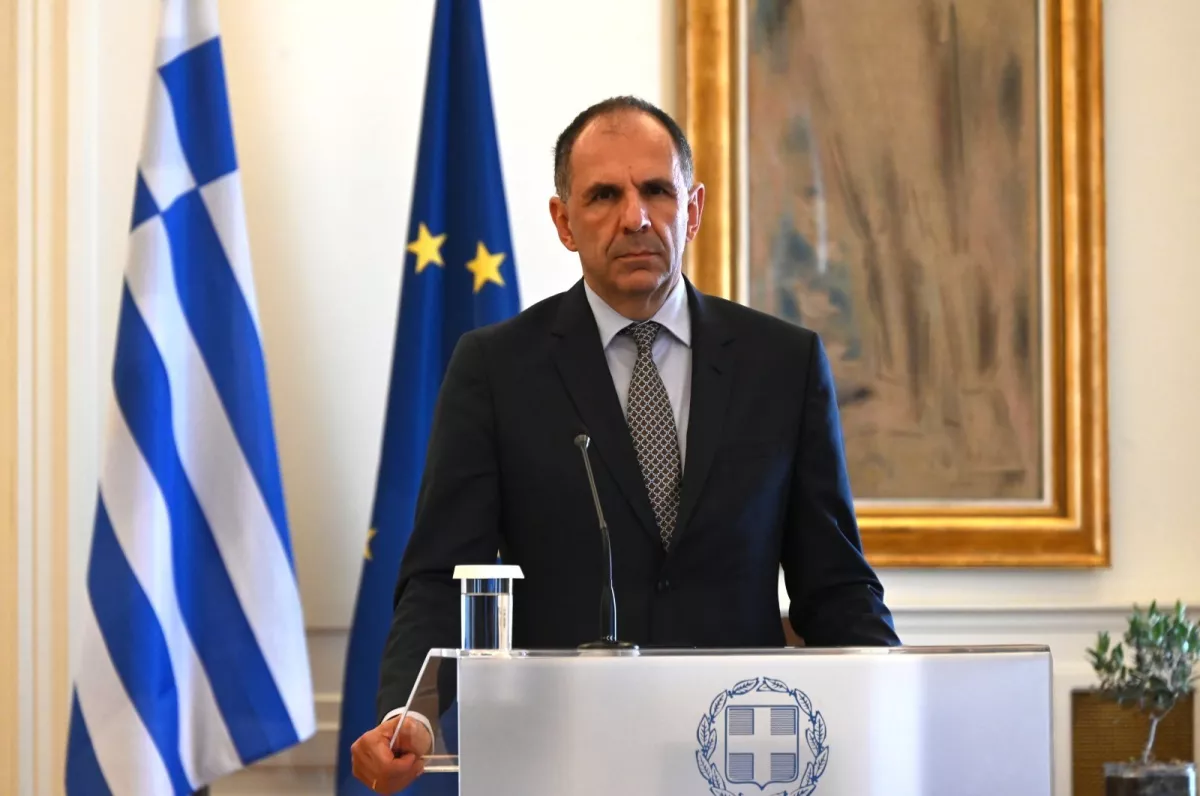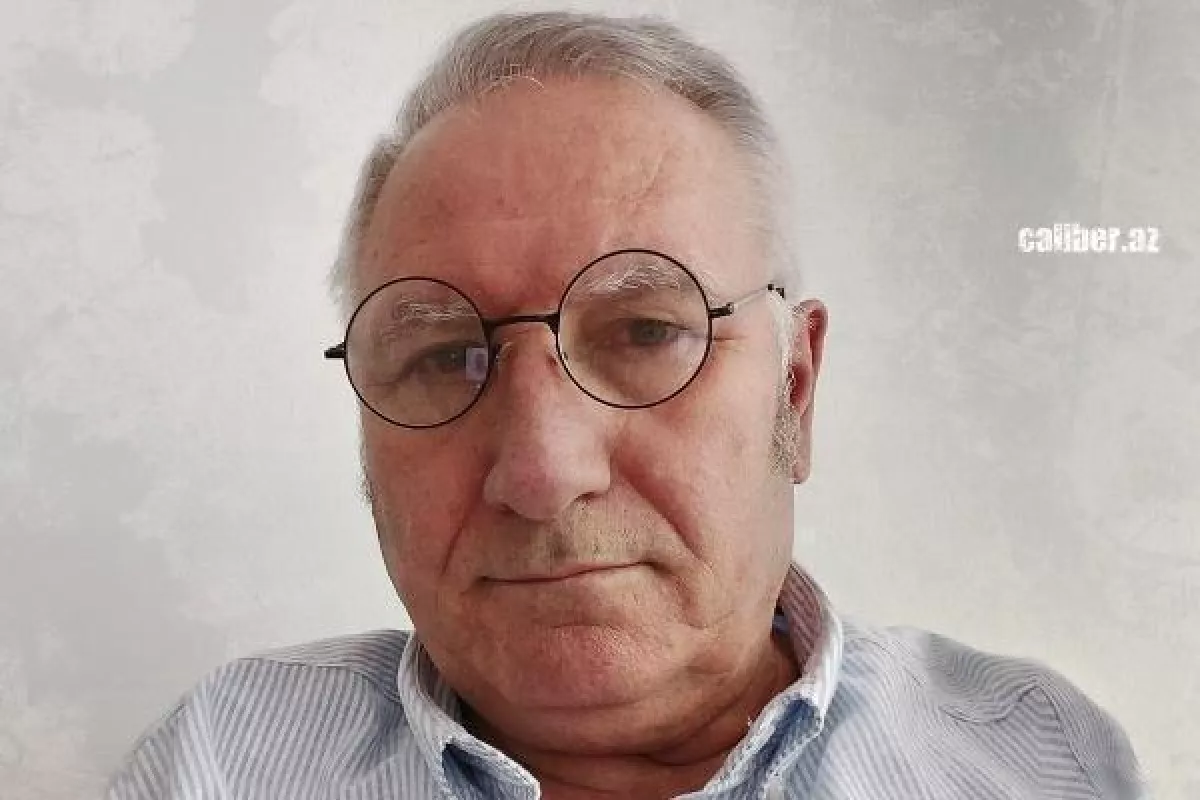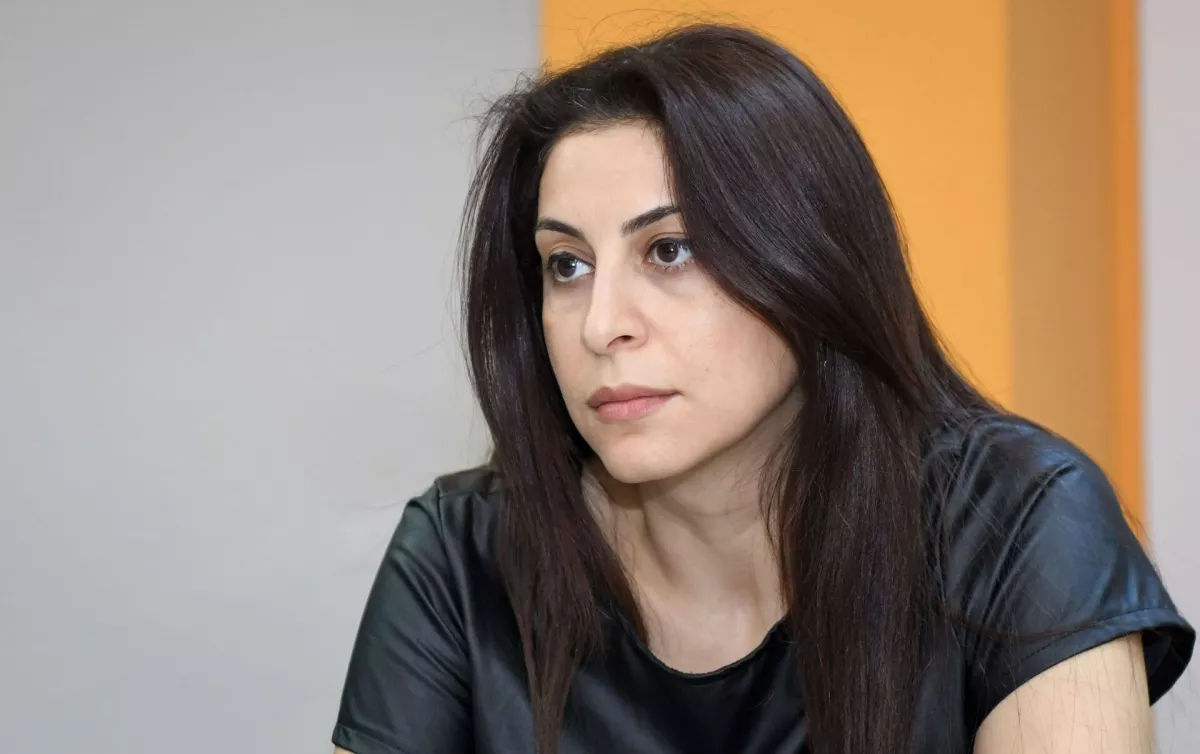Türkiye-EU relations: Brussels' games vs on-the-ground realities Expert insights
Greece supports Türkiye's progress towards joining the European Union, Greek Foreign Minister Giorgos Gerapetritis stated in Brussels. He emphasized the significance of Turkish Foreign Minister Hakan Fidan's participation in the informal meeting of EU foreign ministers, the first in five years. According to Gerapetritis, Fidan's involvement in this event is particularly important as it allows for discussions on Türkiye-Europe relations.
"Greece is in principle in favor of Türkiye’s European course," the minister said. He also highlighted the crucial importance of efforts to resume negotiations on the Cyprus issue, initiated by the UN. Gerapetritis added that he plans to discuss all these matters with Fidan in the sidelines of the Brussels meeting.

This is interesting. Apparently, Greece is decisively shifting its approach to managing its complex relationship with Türkiye. The new strategy involves betting on Türkiye's engagement in European affairs and, potentially, its future EU membership as a way to significantly improve relations between the two neighboring countries. But are many within the EU ready to view modern Türkiye as a true member of this community?
Foreign experts shared their thoughts on this issue with Caliber.Az.

Turkish analyst, political science professor, and doctor of political sciences Haydar Çakmak pointed out two main issues regarding Türkiye's relations with the EU and Greece.
"Firstly, the EU has realized that for its own viability and influence, it is easier to continue membership negotiations to maintain control over Türkiye. There has been no progress in membership talks for 10 years. Türkiye has begun pursuing a more independent foreign policy, and its relations with Russia, Iran, and Syria concern the EU and the US. Another reason for the EU’s interest in Türkiye is its close ties with Armenia and Georgia. The transportation links with these countries, located to the east and northeast of Türkiye, by air, land, and sea, require cooperation with Ankara. Therefore, this effort to improve relations with Türkiye aligns with the EU’s interests," said the professor.
Secondly, Çakmak noted that Greece will not relinquish its claims on Cyprus, the Aegean islands, or the continental shelf.
"The EU shows a desire to improve relations and makes statements about easing tensions with Türkiye, but it does not address the issues between the two neighboring countries. Brussels even states that it supports not Türkiye’s EU membership, but merely cooperation between the two sides. This detail is important. Neither Greece nor the EU wants Türkiye to become a member; they are only creating the appearance of false cooperation to leverage Türkiye. The EU's security is too dependent on Türkiye and its economic potential for the West to ignore it," Çakmak concluded.

International relations expert and head of Türkiye's Center for Strategic Research and Development, Ramiya Mammadova, highlighted that tensions in the Aegean Sea over oil and gas exploration have had a significant impact on Greece-Türkiye relations.
"Relations between the two countries were already strained and have been tense for a long time. However, a while ago, Greek Prime Minister Mitsotakis visited Türkiye at the invitation of President Erdoğan. Following that meeting, diplomatic, economic, and political relations between the two countries began to normalize to some extent. Erdoğan and Mitsotakis discussed various issues, including Cyprus, explorations in the Aegean Sea, and Middle Eastern refugees. They also touched on Athens' stance on Türkiye's potential EU membership. As a result of the talks, the Greek Prime Minister stated his support for Türkiye's EU accession, noting the country's significant role and influence on the European continent. Indeed, Turks have substantial financial investments in the EU, and many live in European countries. So, after the Erdoğan-Mitsotakis meeting, the previous tensions between Greece and Türkiye eased somewhat, and discussions began about Greece potentially supporting Türkiye on certain issues," said Mamedova.
With Hakan Fidan now invited to the Brussels meeting, these topics have resurfaced, and the Greek Foreign Minister held a separate meeting with his Turkish counterpart, she added.
"Fidan is considered a very strong figure in the diplomatic world, which Greece and the EU are well aware of. Brussels certainly does not want to completely distance itself from Türkiye, as the EU benefits significantly from its relationship with Türkiye. The country serves as a key logistics hub for goods coming from the east, including oil, gas, and other products. Moreover, Türkiye has become an influential player in the South Caucasus and the Middle East and holds substantial weight in NATO. Today, Türkiye is undeniably important to the EU. Therefore, through Greece, the EU is trying to create conditions for Türkiye to continue developing diplomatic and economic relations," the researcher noted.
As for the possibility of Türkiye joining the EU, it is clear that the country will never become a member, she added.
"At least not in the next 50 years. For the past 50 years, Türkiye has been knocking on the EU's door with no response. However, Fidan's meetings in Brussels with top Greek officials demonstrate that the EU intends to continue working with Türkiye," Ramiya Mammadova concluded.








